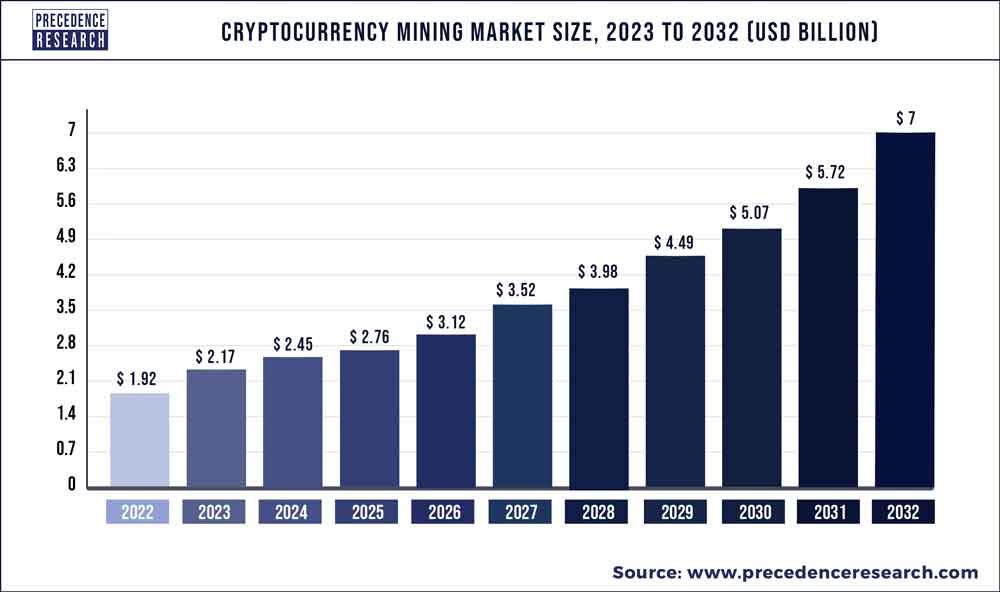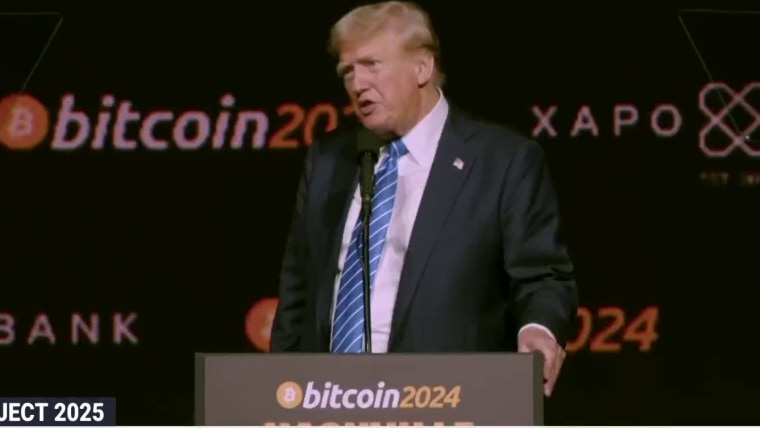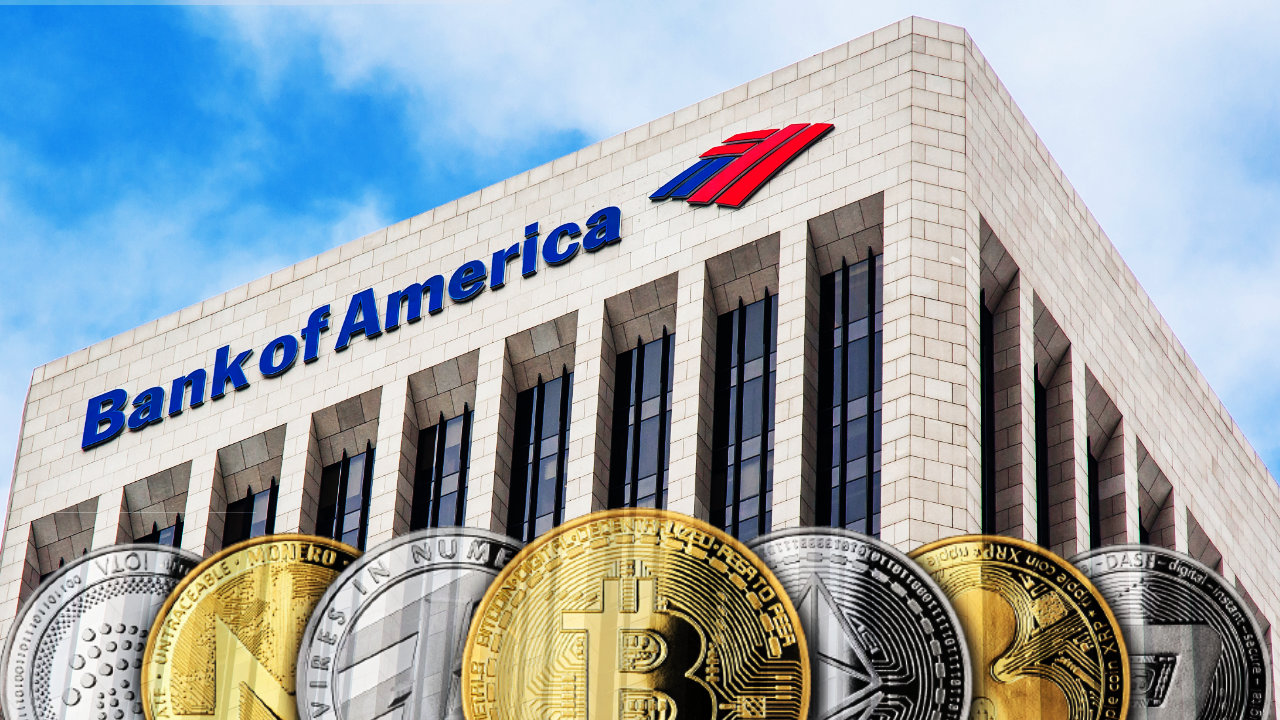
The Rise of Institutional Crypto: A New Dawn for Digital Assets
The cryptocurrency landscape is evolving, and the latest player to step onto this volatile battleground is none other than former President Donald Trump, who announced the launch of World Liberty Financial—a crypto stock exchange. This venture aligns with a broader trend where traditional financial institutions are forging ahead into the world of digital assets.
 The digital asset frontier: the evolving landscape of cryptocurrency.
The digital asset frontier: the evolving landscape of cryptocurrency.
Trump’s Venture and Right-Wing Crypto Politics
Trump’s move into the crypto world cements the notion that cryptocurrencies, particularly Bitcoin and Ether, have deep connections to right-wing ideologies. This isn’t entirely surprising; for the past decade, cryptocurrencies have often attracted libertarian and right-leaning advocates who prioritize decentralization and autonomy from traditional financial structures. As venture capitalist Marc Andreessen has pointed out, crypto represents a “right-wing tech” that champions free enterprise and reduced regulatory oversight.
Similarly, we see steadfast academic discussion regarding the political undertones of this financial technology. Thinkers like David Golumbia critically evaluated this space, illuminating how its foundations can sometimes align with conspiracy theories about banking systems. His work, The Politics of Bitcoin: Software as Right Wing Extremism, laid bare the disconcerting connections between cryptocurrency and political extremism, arguing that the drive to remove financial transactions from public scrutiny is itself a political act fraught with implications for governance and ethical responsibility.
In this shifting landscape, it’s essential to remember the historical context—a moment defined by the fallout from the 2008 financial crisis. The dissatisfaction with established banking systems gave rise to new platforms promising security and utopian ideals of financial independence.
Commerzbank’s New Offering for Corporates
Meanwhile, in Germany, the Commerzbank has initiated a significant partnership with Crypto Finance, a subsidiary of Deutsche Börse, to facilitate secure storage and trading of cryptocurrency assets for corporate clients. This endeavor combines the power of traditional banking with the burgeoning crypto market, emphasizing a regulated and secure approach to accessing Bitcoin and Ether.

The arrangement serves as a double-edged sword—offering clients opportunities to benefit from these revolutionary assets while highlighting the ongoing integration of cryptocurrency within established financial systems. The Commerzbank’s initiative is particularly timely as institutions increasingly seek ways to navigate this new frontier with diligence and security.
Gernot Kleckner, a senior executive at Commerzbank, noted, “By introducing this offering in digital assets, we are providing our corporate clients the opportunity to use the advantages offered by Bitcoin and Ether.” Such statements underscore a growing recognition among major banks of the necessity for crypto-related services tailored to institutional clients in order to remain competitive.
Crypto Finance Expands Its Reach
Crypto Finance has positioned itself as a trailblazer in this arena since its inception in 2017, enhancing its licensure and services across Europe. The strategic collaboration with Commerzbank represents a leap forward, granting more companies in Germany access to regulated cryptocurrency services. In an industry often tarnished by scandals, this partnership aims to instill confidence and drive the adoption of digital assets within mainstream finance.
Stijn Vander Straeten, the CEO of Crypto Finance, emphasized the importance of this collaboration, stating, “This partnership enables us to provide a more extensive range of institutions in Germany with regulated crypto services.” By pooling resources, these two entities aim to cater to the burgeoning demand for secure and compliant access to cryptocurrencies.
The Perfect Storm of Opportunity
The juxtaposition of Trump’s new foray into crypto with established banking institutions like Commerzbank reflects the multifaceted evolution of the financial landscape. As digital currencies gain traction, the narratives around them continue to shift—moving from a niche interest among libertarians to a battleground where corporates are eager to stake their claims.
Moreover, many observers note that the relationship between crypto and the right doesn’t merely stem from political alignment but also speaks to an inherent distrust of centralized authority, whether financial or governmental. This phenomenon resonates on both sides of the Atlantic, reflecting broader ideological battles that extend beyond finance into the realm of national identity, governance, and democracy itself.
Conclusion: Looking Ahead in the Crypto Landscape
As institutions like Commerzbank embark on their journeys to embrace cryptocurrency, we find ourselves standing on the edge of a new financial frontier. Cryptocurrencies have often been characterized as solutions in search of problems, but it appears they have found a niche where their promises of autonomy and decentralization resonate with both individual investors and large institutions.
The merging of right-wing populism with cryptocurrency culture presents both opportunities and risks. The entrance of familiar, established financial players could lend a needed legitimacy to digital assets but may also dilute the revolutionary ideals upon which cryptocurrencies were founded. Looking forward, the tension between these revolutionary aspirations and the growing institutional embrace of the crypto space will likely shape how this dynamic market evolves.
As we reflect on this transformation, it remains essential to engage critically with the implications of embracing cryptocurrencies within our societal frameworks—ensuring that as we advance, we do not lose sight of the foundational promises that drove the initial cryptocurrency movements.
The financial future is digital, and as both ideologies and institutions collide, the outcome will resonate far beyond the realms of finance.















